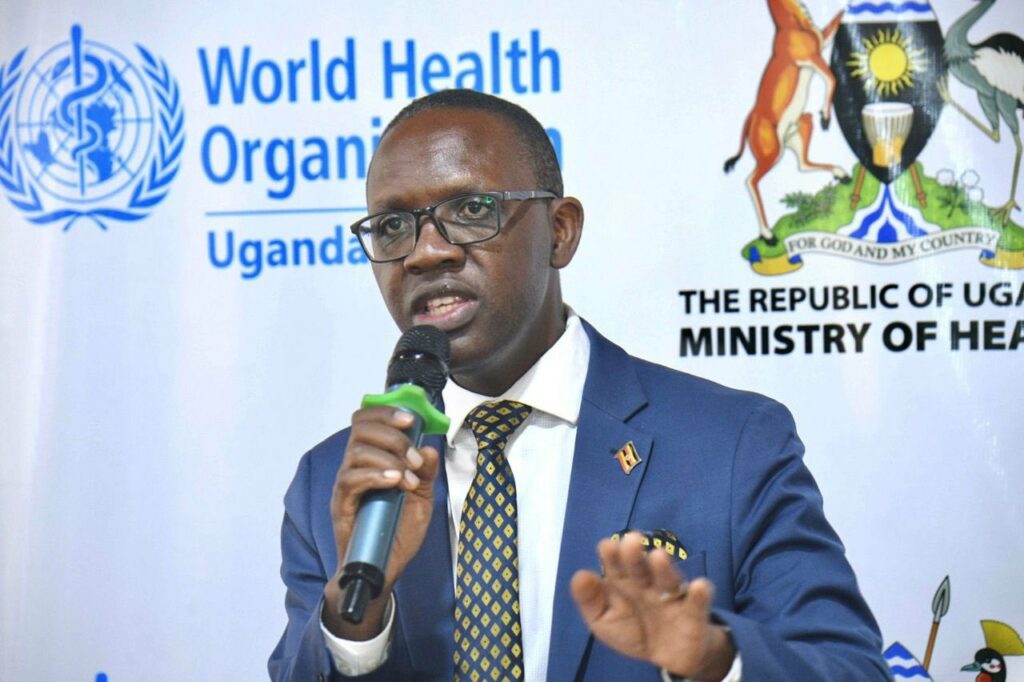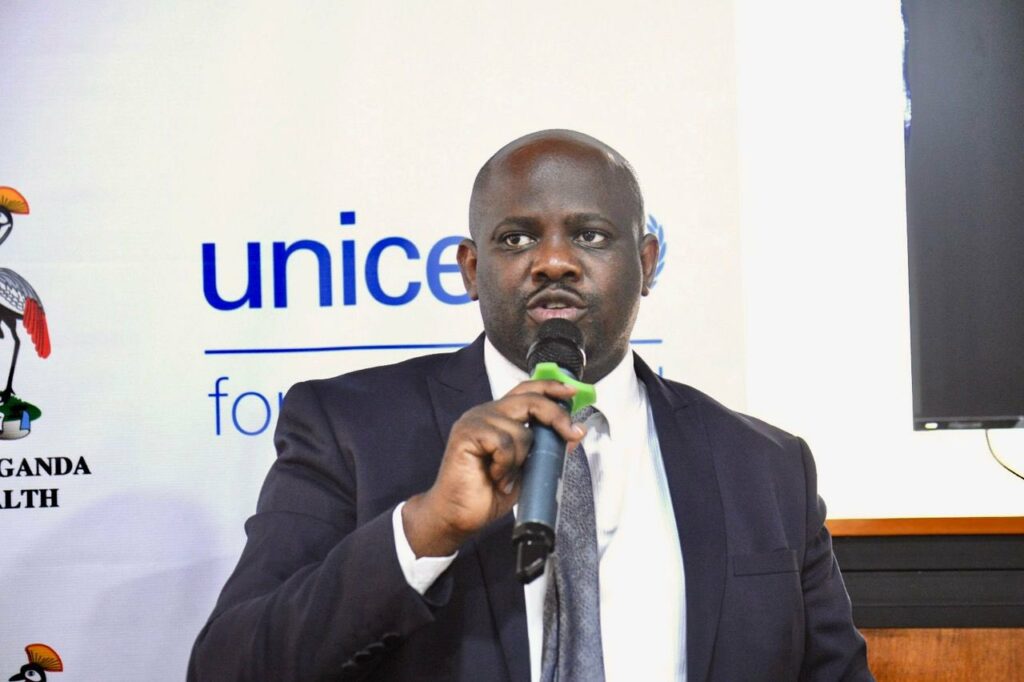
 Mama FM
Mama FM

 Mama FM
Mama FM
31 October 2024, 6:46 pm
By Byamukama Alozious
As Mpox cases continue to rise in many parts of Uganda, students have emerged as the most affected group in the ongoing outbreak, which began in August this year. The Ministry of Health reports that individuals aged 17 to 45 are at heightened risk, with students particularly vulnerable due to close contact in crowded school environments, which facilitates the virus’s spread through physical contact.
In addition to students, Kampala and other high-density districts, including Kasese, Nakasongola, Wakiso, and Mayuge, are experiencing a rapid rise in cases due to population density, border locations, and frequent interactions, all contributing to faster transmission.
In response, the World Health Organisation (WHO), working with Uganda’s Ministry of Health, has scaled up laboratory capacities to expedite testing and diagnosis. Dr Immaculate Atuhairwe of WHO advises the public to remain vigilant, stressing that preventive measures and hygiene can limit the spread.
She notes that body contact, inadequate personal protective equipment (PPE), and crowded spaces exacerbate transmission. Alongside students, at-risk groups include fishing communities, bartenders, sex workers, roadside vendors, and individuals with weakened immune systems, such as children and pregnant women.

The Ministry reports that Mpox can be managed effectively with early treatment of symptoms, such as rashes and pain, with most patients recovering within 2 to 4 weeks. To curb transmission, the WHO encourages isolation for infected individuals, covering skin lesions, wearing masks in public, and regular handwashing. Addressing stigma is also essential, the WHO stresses, as it can undermine containment efforts.
Today, the Ministry of Health, in partnership with the World Health Organisation and the Africa Centre for Media Excellence, oriented the media on the basics of reporting outbreaks. Dr Daniel Kyabayinze, the Director of Public Health at the Ministry of Health, emphasised the importance of empathetic reporting, urging the media to avoid stigmatising the public about Mpox and instead focus on what the Ministry has done to prevent its spread.

Tabley Bakyaita Basajjatebadiba from the Risk Communication and Community Department of the Ministry of Health reiterates the importance of preventative measures, noting that “outbreaks begin and end in communities.” He urges Ugandans to revive handwashing and distancing practices widely adopted during the COVID-19 pandemic to help prevent the spread of Mpox.
Uganda’s vulnerability to infectious disease outbreaks, due to its porous borders, diverse ecosystems, and climate pressures, has prompted comprehensive response efforts. As of 29 October 2024, the country recorded 262 confirmed Mpox cases, with Kampala leading in infections, followed by Kasese, Nakasongola, Wakiso, and Namayingo.
The Ministry, WHO, and the Centre for Media Excellence recently conducted a media orientation session to improve crisis reporting skills among journalists, aiming to ensure clear, factual information reaches the public.
Emmanuel Ainebyoona, Senior Public Relations Officer at the Ministry of Health, highlights that border controls are active. “Recently, I visited Kyanika and Bunagana, and screening and monitoring are ongoing very well by our team.” Ainebyoona calls on journalists to focus on factual reporting, avoiding sensationalism to keep the public informed without causing unnecessary panic.
